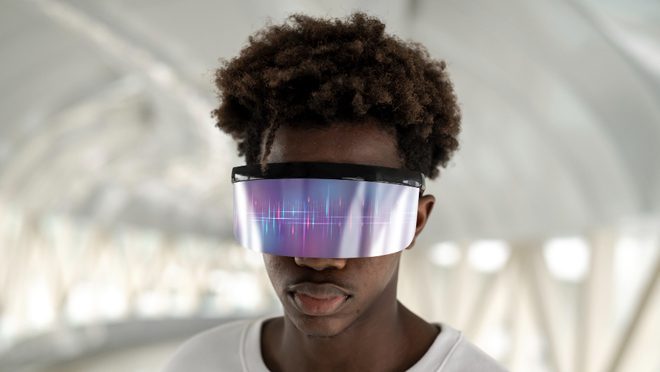The real estate industry received a boost during the pandemic when the authorities brought the mortgage rates to less than three percent. This resulted in a shortage of homes as the demand outpaced the supply. Aside from the low mortgage, the integration of technology in the real estate industry also helped increase sales of properties across the country. Real estate market practitioners used virtual reality to give homebuyers the chance to see the property, albeit virtually.
In addition to virtual reality, other tech innovations can transform the real estate market and facilitate the digital mortgage experience across the country. Here are some of these tech innovations.
Big Data
Big data is a large set of diverse information that comes into the industry and can be used to make data-driven decisions. The information grows at an increasing rate and can benefit the real estate industry since it allows real estate companies to use the data in providing insights on the trends in home values and pricing. It also allows these companies to provide an overview of the potential value of specific areas.

These companies’ data includes demographics, traffic, results of consumer surveys, and trends in buying and selling in certain locations. Big data can also incorporate mortgage calculators to provide potential clients with the cost of buying homes in certain locations.
Big data also provides property owners and managers information that allows them to maintain equipment in the property. It can also alert them about potential equipment failure before it happens so they can prepare for it or prevent the failure from happening.
Virtual reality and Augmented reality
Using virtual reality requires a special headset before a person can view real estate properties. The special headset blocks out what the person sees and replaces it with a new set of surroundings, like the interior of a property the person wants to view.


On the other hand, augmented does not require a special headset since it does not replace what a person sees. Instead, it uses transparency and overlays images over the background. One good example of this technology is the game, Pokemon Go. Users can download the software on a mobile device to allow them to use the technology.
Real estate practitioners use the technology to give potential buyers virtual tours of the properties they are selling. The technology is ideal during the pandemic since homebuyers can virtually view properties, even if they stay at home. For new homes, buyers can use augmented reality to see realistic architectural images of the properties. It also allows them to go through the property even if the construction of the home has yet to begin.
Drones
People currently view drones as marketing gimmicks in the real estate industry. But these devices have a huge potential in the market. Drone technology gives home buyers different perspectives of the property they are planning to buy. Instead of simply looking at the property from ground level, these devices give homebuyers a bird’s eye view of the house.


These devices give them a view that is normally seen when a person is on an aircraft. So, it’s a cheaper way of performing aerial photography of the property. Real estate professionals can also use drones in giving homebuyers a tour of the neighborhood. The homebuyers do not even have to go around the area since the drone will do it for them.
While navigating a drone inside a property is challenging for the moment, it might be possible with the integration of different technologies into the drone.
Machine Learning and Artificial Intelligence
Machine learning (ML) and artificial intelligence (AI) also have good potential in the real estate industry. When these two technologies become integrated with big data, it will allow real estate websites to provide recommendations for the homebuyer. It will base these recommendations on the preferences and values of the buyer.


The chatbots on these websites also provide accurate answers to the questions of homebuyers. AI can also be used to predict pricing trends based on historical trends in a particular area. It can also consider other factors, including traffic, criminality, the presence of schools, groceries, and public transportation.
ML and AI have a huge potential in enhancing customer experience and facilitating transactions in the future. They might even incorporate the Internet of Things when using smart devices in the home available for sale.
Technology integration in the real estate industry will increase in the coming years, and buyers will have a more immersive experience when they are on the lookout for a property to buy.




